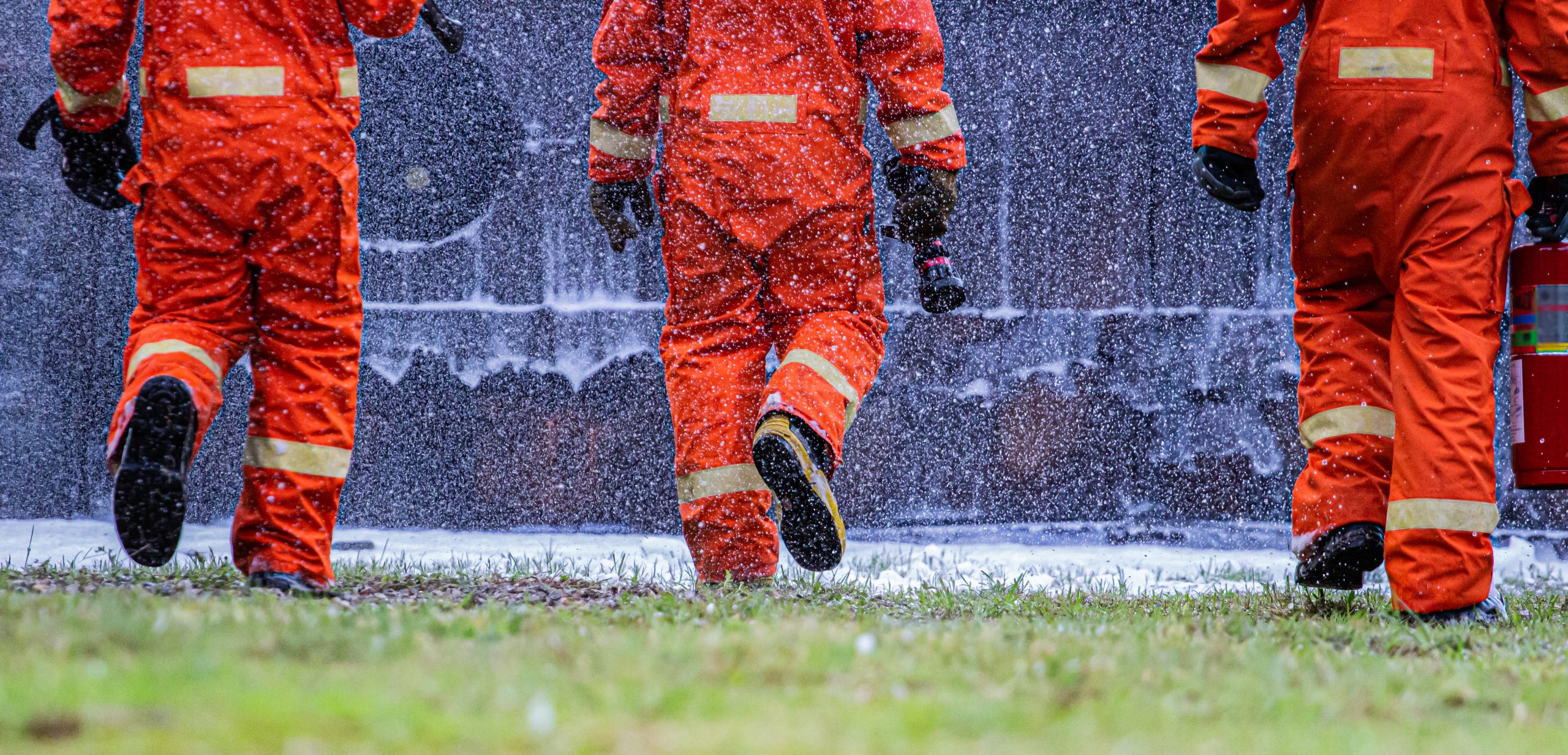
The Center for Disaster Philanthropy offers these seven basic tips for giving back in times of disaster:
- Take the long view. Even while focusing on immediate needs, remember that it will take some time for the full range of needs to emerge. Power loss, transportation outages and flood-damaged homes may be top of mind, but it takes a while to truly understand the impact that the disaster has had on people’s lives. Be patient in planning for disaster funding. Recovery will take a long time and flexible funding will be needed throughout.
- Recognize there are places private philanthropy can help that government agencies might not. With the increase in extreme weather events, governments cannot fully fund recovery. Therefore, private funders have opportunities to develop innovative solutions to help with recovery efforts and to prevent or mitigate future disasters that the government cannot execute.
- All funders are disaster philanthropists. Even if your organization does not work in a particular geographic area or fund immediate relief efforts, there are ways to align disaster funding with your existing mission. If you focus on education, health, children or vulnerable populations, disasters present prime opportunities.
- Support the sharing of best practices. Florida, for example, has developed stringent building codes to mitigate destruction from hurricanes. Interested donors could help support the transfer of expertise from one region to another before the next disaster occurs. Another area for best practices research and sharing — efforts to coordinate volunteers as well as the distribution of supplies.
- Connect with other funders. Collaborative philanthropic response to the disaster leverages combined expertise and maximizes the value of the human, financial and technical resources donated. The Center for Disaster Philanthropy works closely with community foundations, regional associations, funders and responding nongovernmental organizations (NGOs) to share trustworthy information and analysis.
- Look to past disasters for guidance. There are often lessons learned that could be used to create better policies and procedures. Consider funding disaster risk-reduction research or projects that could inform more effective disaster preparation and response policy.
- Ask the experts. If you are considering supporting an organization that is positioned to work in an affected area, do some research. The Center for Disaster Philanthropy, National Volunteer Organizations Active in Disasters, and Interaction have lists of organizations working in affected communities. In addition, local community foundations have insights into NGOs that are best suited to respond in a particular community.
Our staff at the Community Foundation is here to help you navigate using your charitable fund in response to disasters. Contact Donor Services with any questions at 816.842.7444 or service@growyourgiving.org.
